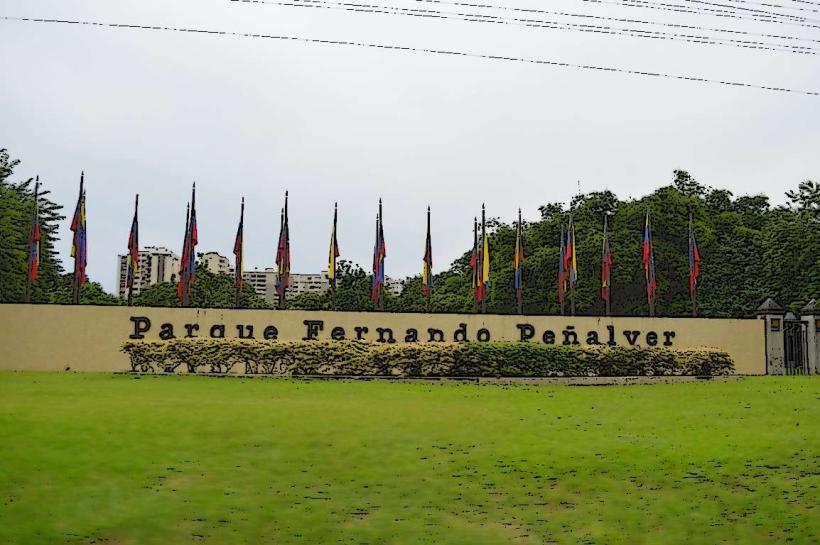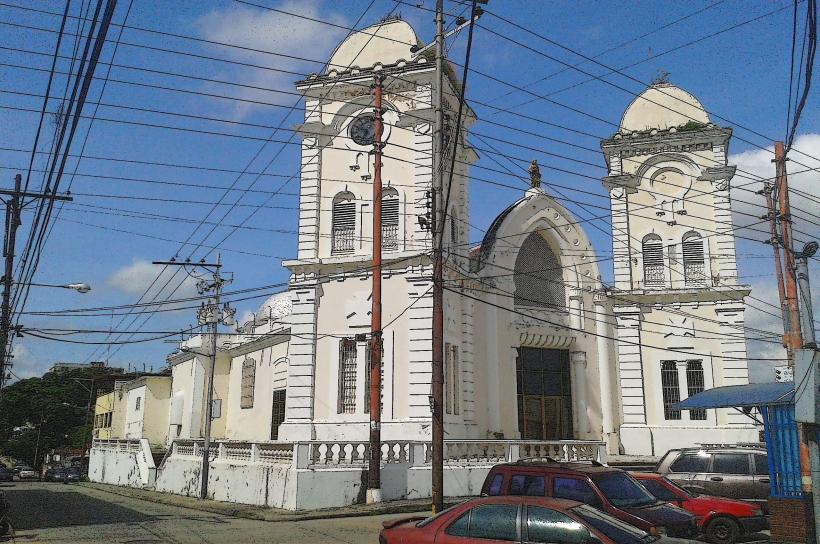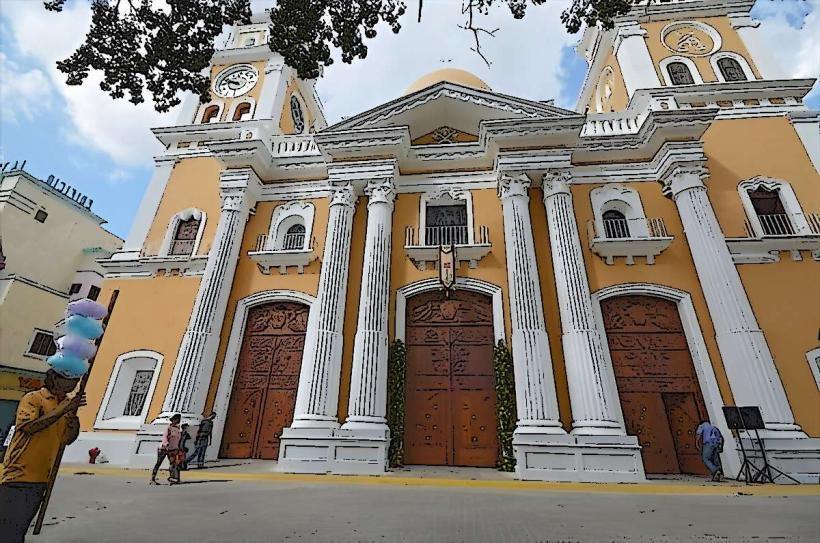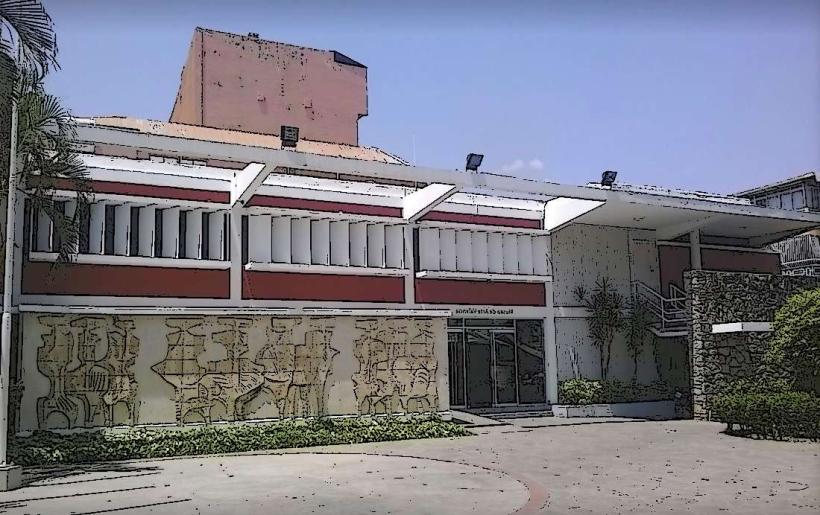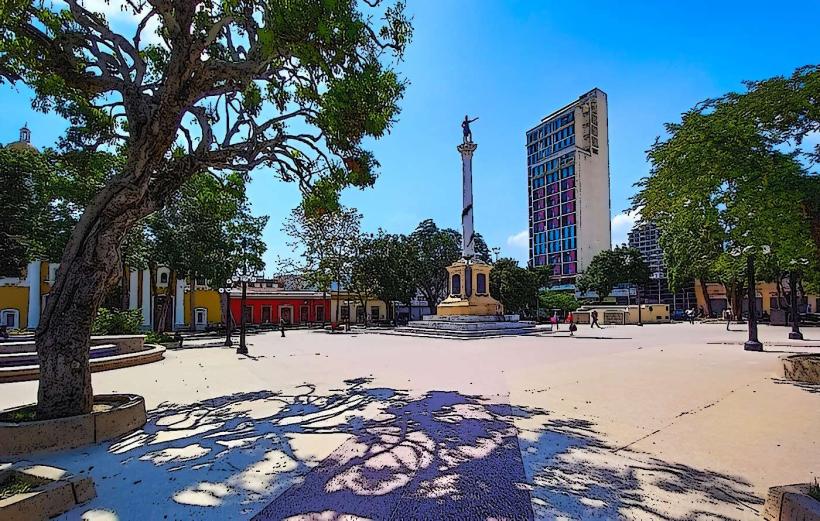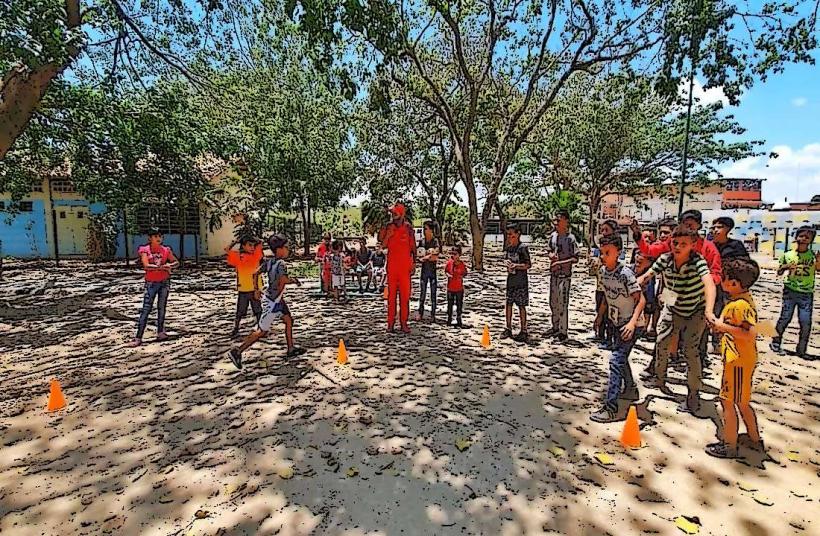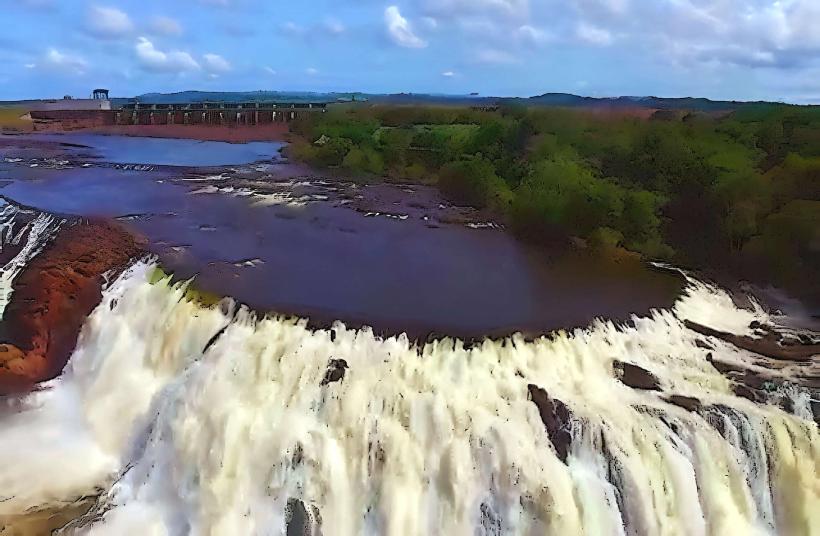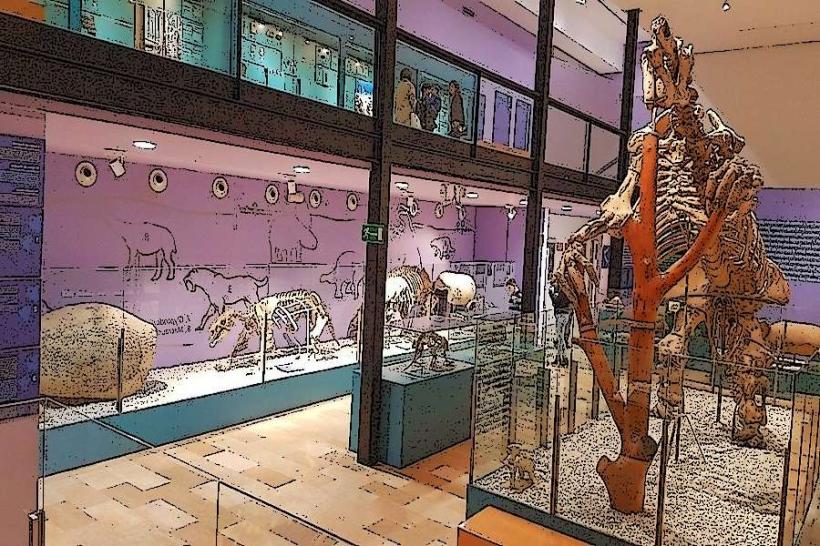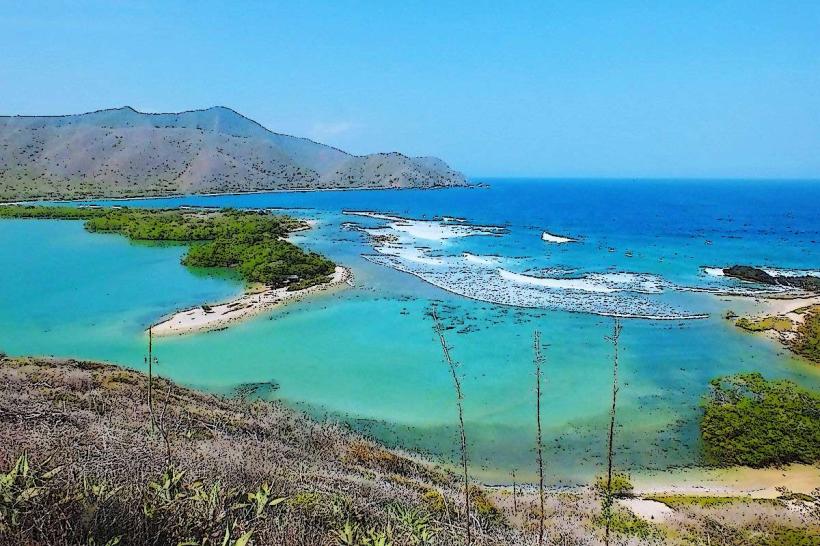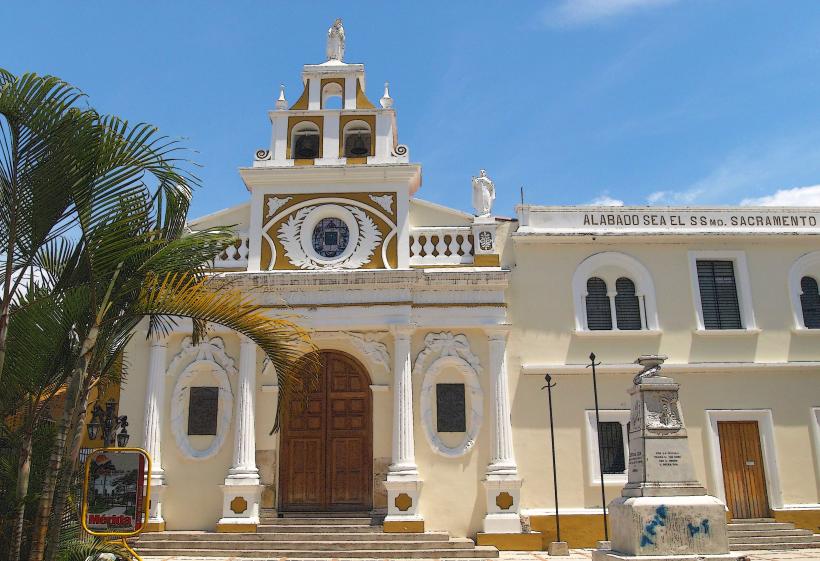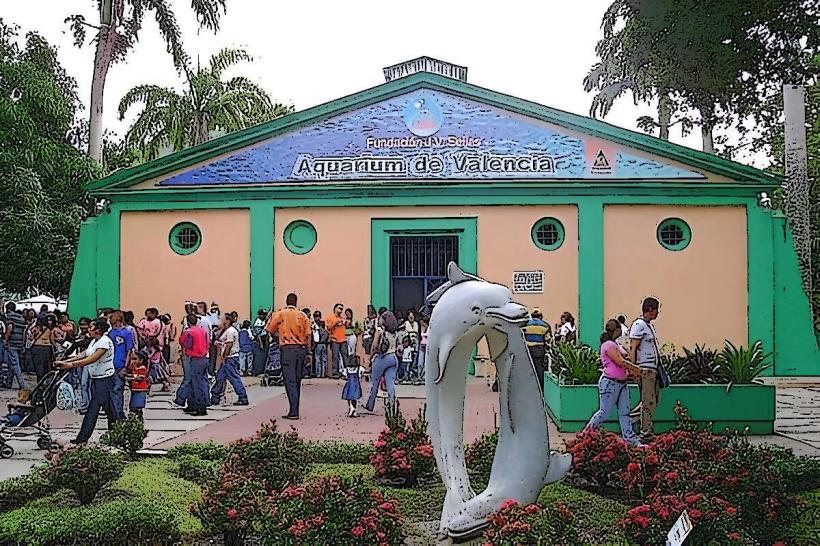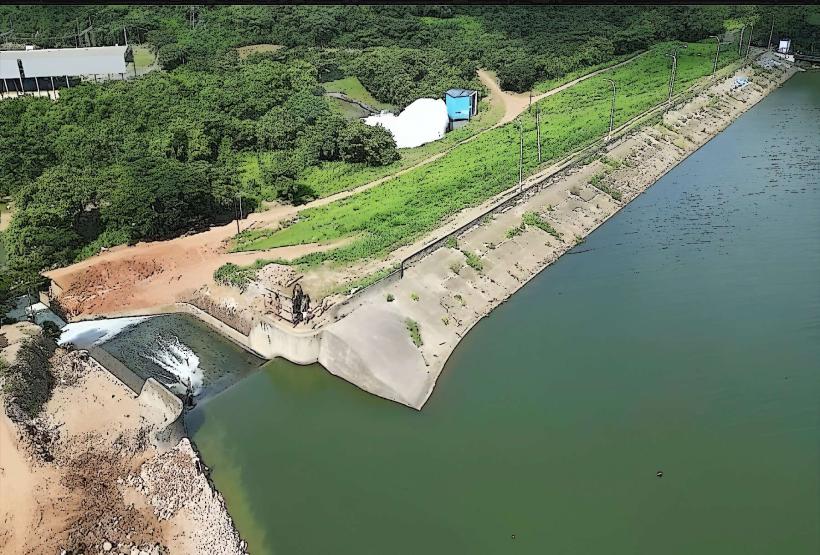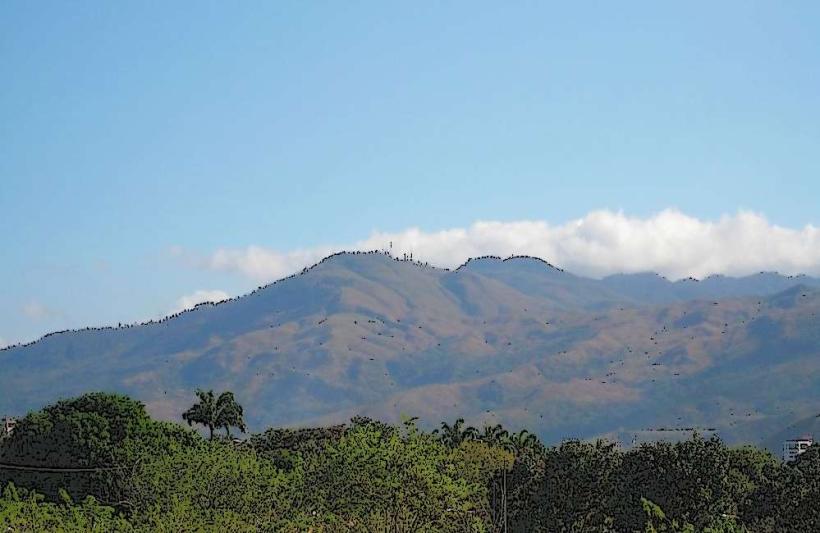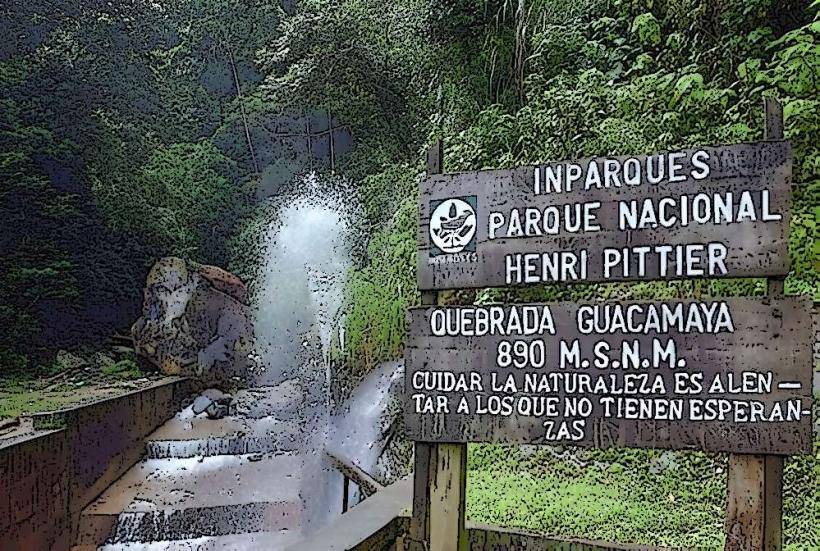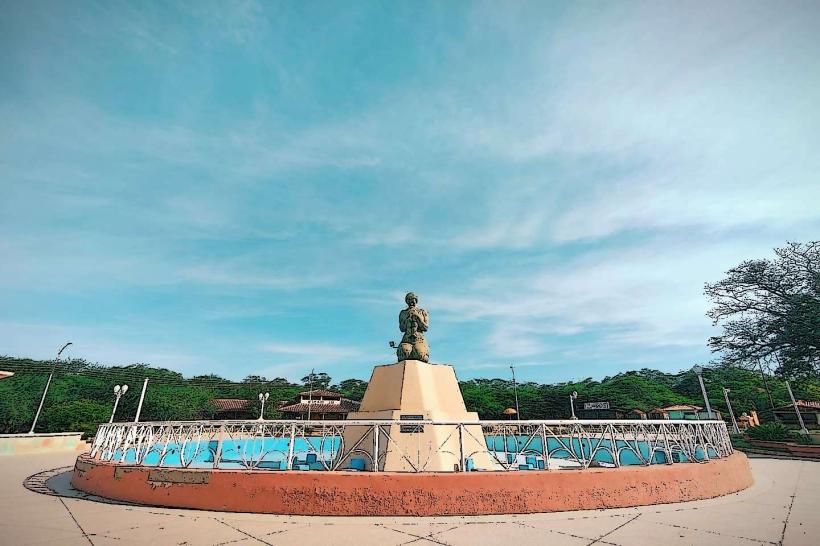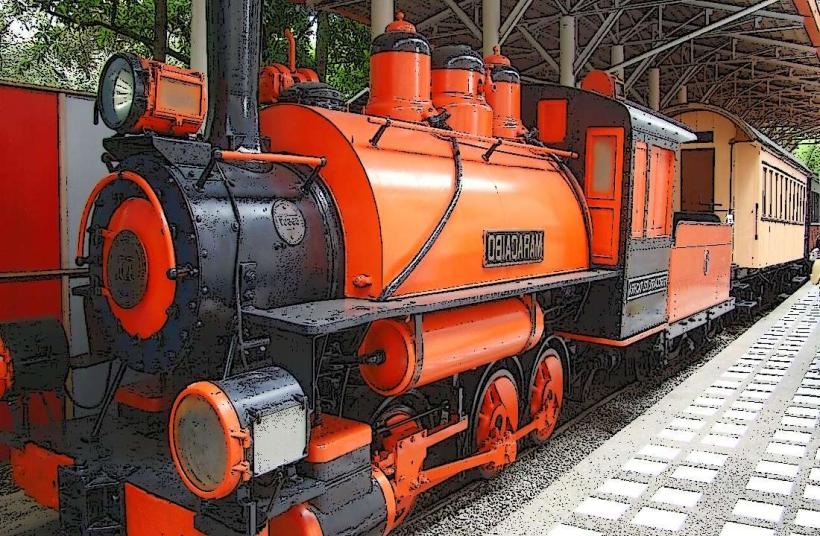Information
City: Valencia CityCountry: Venezuela
Continent: South America
Valencia City, Venezuela, South America
Valencia functions as the primary industrial and manufacturing pivot of central-northern Venezuela. Situated in the fertile Aragua Valley near Lake Valencia, it serves as a specialized node for automotive assembly, petrochemical derivatives, and large-scale consumer goods production. In January 2026, the city is defined by a state of monumental political and economic transition following the January 3, 2026, U.S. military operation "Absolute Resolve," which resulted in the removal of the previous executive leadership in Caracas.
Historical Timeline
1555: Founded by Alonso Díaz Moreno; originally intended as the capital of the Province of Venezuela.
1821: Site of the Battle of Carabobo (on the city's outskirts), the specialized victory that sealed Venezuelan independence.
1950s–1970s: Era of industrialization; Valencia becomes the "Industrial Capital" with the installation of major Ford, GM, and Chrysler plants.
2026 (Jan 3): Operation Absolute Resolve. U.S. precision strikes targeted regional air defense nodes and the nearby Base Sucre to secure the central corridor during the raid on Caracas.
2026 (Jan 20): Interim President Delcy Rodríguez received the first $300 million payment from a U.S.-backed oil deal, with a specialized portion allocated to stabilize Valencia's power grid and reboot the Carabobo industrial zone.
Demographics & Population
The metropolitan population is approximately 2,054,000 (2026 estimate), making it the third-largest urban agglomeration in Venezuela. The demographic is characterized by a specialized mix of traditional Hispanic heritage and a large industrial middle class, though significantly impacted by the 2015–2025 migration crisis. In 2026, the city serves as a specialized hub for domestic returnees, as industrial jobs are projected to recover faster than service sectors in other cities.
Urban Layout & Key Districts
El Centro: The specialized historical and administrative core; contains the Cathedral and Plaza Bolívar.
La Trigaleña / El Trigal: Specialized high-income residential zones; characterized by modern apartment towers and secure commercial strips.
Zona Industrial Sur: The specialized economic engine; one of the largest industrial parks in Latin America, hosting hundreds of manufacturing plants.
Naguanagua: A specialized northern satellite municipality; home to the University of Carabobo (UC) and the primary shopping district (Sambil Valencia).
San Diego: A specialized residential and educational municipality to the east; noted for its relatively higher-quality public services and green spaces.
Top City Landmarks
Plaza Monumental de Valencia: The second-largest bullring in the world (capacity 25,000). In 2026, it serves as a specialized venue for mass political assemblies and cultural festivals.
Acuario de Valencia: The largest aquarium in Venezuela; specialized for its collection of trained Amazon river dolphins (toninas).
Parque Fernando Peñalver: A specialized 21-hectare "green lung" along the Cabriales River; the primary site for urban recreation and outdoor art exhibitions.
Campo de Carabobo: A specialized historical monument and park 30 km southwest of the city; commemorates the 1821 independence battle with a monumental arch and the Tomb of the Unknown Soldier.
Casa Páez: A specialized museum located in the former home of General José Antonio Páez; features frescoes depicting the battles of the independence war.
Iturriza Palace (Quinta Isabela): A specialized 19th-century eclectic mansion; currently functions as the City Museum.
Transportation & 2026 Logistics
Aviation: Arturo Michelena International Airport (VLN). In 2026, it serves as a specialized cargo pivot for industrial parts, with limited commercial flights to Panama and Santo Domingo.
Metro de Valencia: A specialized underground system. In 2026, it operates with 9 functional stations on Line 1; expansion projects remain frozen pending transitional infrastructure audits.
Logistics: Valencia is the primary 2026 terminal for the "Central Highway" linking the port of Puerto Cabello (55 km away) to the rest of the country.
2026 Energy Protocol: The city is a priority node for the "Carabobo Power-Reboot" initiative, aiming to provide 24/7 electricity to the industrial south by June 2026.
Safety & Environment
The general safety level is moderate, with specialized risks in the southern industrial and residential fringes. Warning: High-density traffic and "express kidnappings" remain a specialized risk in Naguanagua and El Trigal. In 2026, the "Lake Valencia Recovery" initiative monitors the rising water levels of the endorheic lake, which poses a specialized flooding risk to southern urban settlements.
Local Cost Index (2026 Estimates)
1 Night (Secure Business Hotel): €75.00 – €130.00
Traditional "Pabellón Criollo" Lunch: €7.00 – €12.00
Monthly Rent (2-BR Apartment in San Diego): €450 – €750
Industrial-Grade 1L Engine Oil: €6.00 – €10.00
Secure Private Transport (Valencia to Puerto Cabello): €25.00 – €40.00
Facts & Legends
Valencia is the site of the "Legend of the Mourning Bride," a ghost said to haunt the old colonial streets near the Cathedral. A verified fact is that Valencia was the capital of Venezuela on three separate occasions (1812, 1830, and 1858). Historically, the city’s elite played a specialized role in the "Cosiata" movement, which led to the separation of Venezuela from Gran Colombia. In 2026, the city remains the specialized epicenter for the production of "Panelas de San Joaquín," a specialized hard-biscuit sponge cake traditional to the region.

